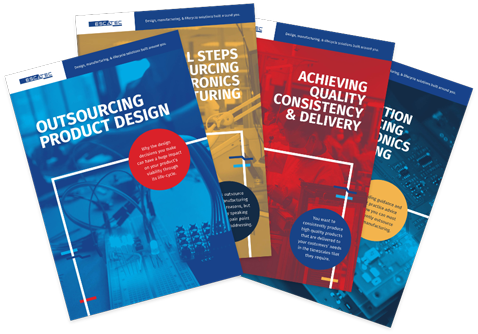Noventa’s approach to smart manufacturing: A Q&A with Patrick Besserer
In this Q&A, Patrick Besserer, co-owner and chairman of Noventa, shares his ...
RESOURCES
By signing up you agree to our Privacy Policy

©2025 ESCATEC. All rights reserved.